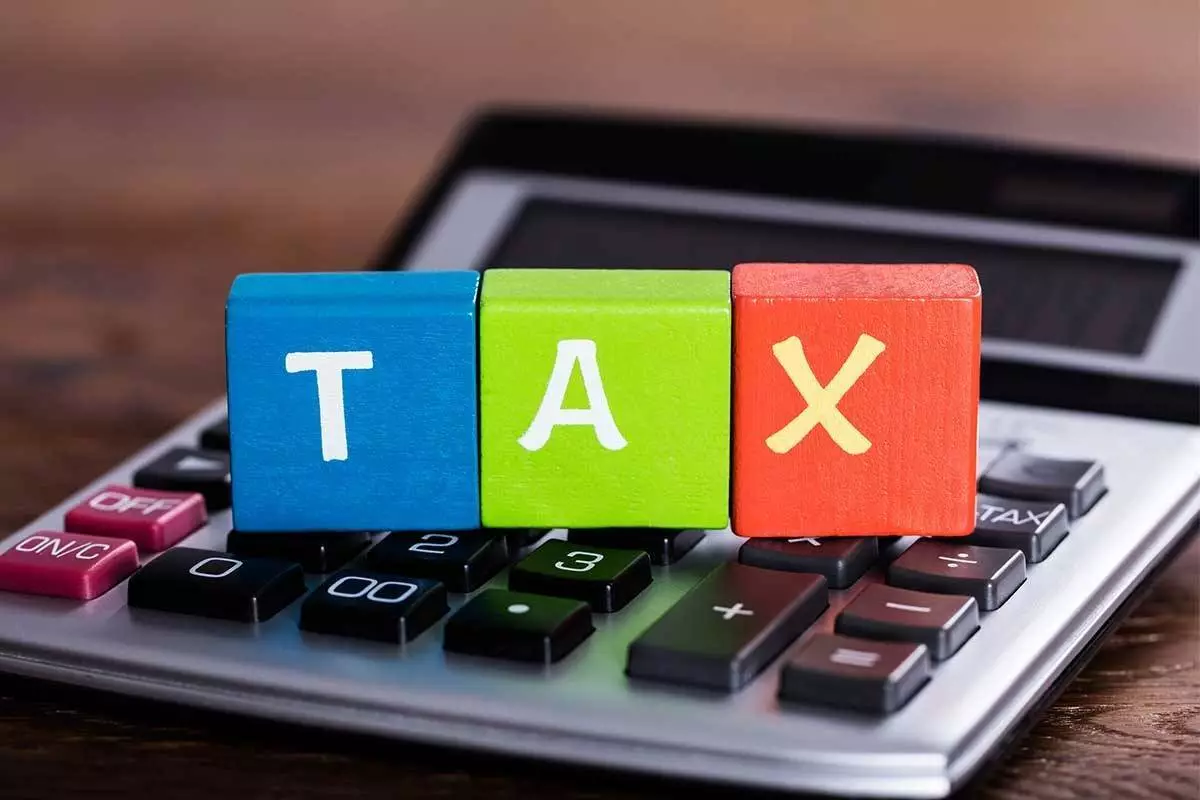If you’re wondering how to get a Letter of Good Standing fast, you’ve come to the right page. Procon



As one of the reliable accounting firms in Johannesburg, we provide online bookkeeping services for small businesses as well as tax consulting services. Often, business owners ask us what the total tax obligations will be for their companies in any given year. This question is obviously short on detail as we would have to determine 1st and foremost which tax types you are registered for.
Upon registration of your company with CIPC, the only tax type that you get automatically registered for is the Corporate Income Tax (CIT). As you begin trading, and depending on your trading volumes and activities, other tax types may come into play. Other common tax types include PAYE, UIF, SDL, amongst others
There are 3 returns that are due in any financial year in respect of Corporate Income Tax
| Tax Return Name | Due Date | Tax Rate |
|---|---|---|
| IRP6 (1st Provisional Tax) | (A) 6 months into the Financial year | 28% |
| IRP6 (2nd Provisional Tax) | (B) On or Before the last day of the Financial Year | 28% |
| IT14 (Corporate income tax) | (C) Within 12 Months of the year end | 28% |
A and B are provisional taxes, i.e. they are not final, they are estimates, you can say they are meant to assist you in managing your final tax burden by making payments towards it during the year. It is designed so that you don’t get a massive tax bill at the end of the year, that you owe and have not paid anything towards during the year. Therefore the total tax liability (What you owe SARS) will be: C – (A +B).
What if I decide not to pay anything as provisional Tax during the year?
Well, If, at the end of the year, your business is in a loss position, then you will not have any tax obligations in respect of both provisional and CIT. If however, you are in a profit position at the end of the year, and you had not filed any provisional tax during the year, a 10% penalty will be levied on each of the Provisional tax returns that were not filed and interest will be levied retrospectively from the date of this non compliance.
According to law, an employer must register with the South African Revenue Service (SARS) within 21 business days after becoming an employer, unless none of the employees are liable for normal tax. For the 2021 to 2022 Tax year, PAYE is only charged if you are earning an annual income of more than
PAYE must be paid over to SARS by the 7th of every month. Non- compliance results in standard interest and penalties. PAYE is paid by populating the form EMP201 and submitting it to SARS via Efilling.
When your employer terminates your service, you can apply to the Unemployment Insurance Fund (UIF) for benefits.
The benefits are only available to you if you have been contributing to the UIF while you worked. You cannot claim if you have resigned, been suspended or absconded from work. You may claim if the Commission for Conciliation, Mediation and Arbitration (CCMA) considers the resignation as a constructive dismissal.
To qualify for benefits, you must register as a work seeker. You must apply for the UIF benefits as soon as you become unemployed or within six months of the termination of your employment.
The amount of the contribution due by an employee, must be 1% of the remuneration paid by the employer to the employee.
The employer must pay a total contribution of 2% (1% contributed by the employee and 1% contributed by the employer) within the prescribed period.
A contribution shall not apply to so much of the remuneration paid or payable by an employer to an employee, as exceeds:
With effect from 1 June 2021 – R 17 712 per month (R 212 544 annually).
Once your total payroll per year has been projected to exceed R500 000. You are supposed to immediately register for the Skills Development Levy.
SDL is paid on a monthly basis at 1% of the total amount paid in salaries to employees (including overtime payments, leave pay, bonuses, commissions and lump sum payments).
The amounts deducted or withheld by the employer must be paid to SARS by completing the Monthly Employer Declaration (EMP201). The EMP201 is a payment declaration in which the employer declares the total payment together with the allocations for PAYE, SDL, UIF and/or Employment Tax Incentive (ETI).
A unique Payment reference number (PRN) will be pre-populated on the EMP201, and will be used to link the actual payment with the relevant EMP201 payment declaration.
These are just some of the tax obligations that you as a business owner must be aware of. At Procon Business Consultants we are one of the reliable accounting firms in Johannesburg and we offer online bookkeeping services for small businesses. We will ensure that you do not miss the submission deadlines associated with these tax types because SARS does not hesitate to levy penalties and interest for non compliance. Infact, the penalties and interest charged are levied automatically once the deadline has passed.
The other important thing to note, is that the actual final tax liability is based on a calculation. There are also tax deductions and incentives available to businesses in South Africa. That will be the discussion for our next blog.

If you’re wondering how to get a Letter of Good Standing fast, you’ve come to the right page. Procon

At Procon Business Consultants we are one of the accounting firms in Johannesburg that offer online

what is it, what is it for and who is it for? At Procon Business Consultants we offer online